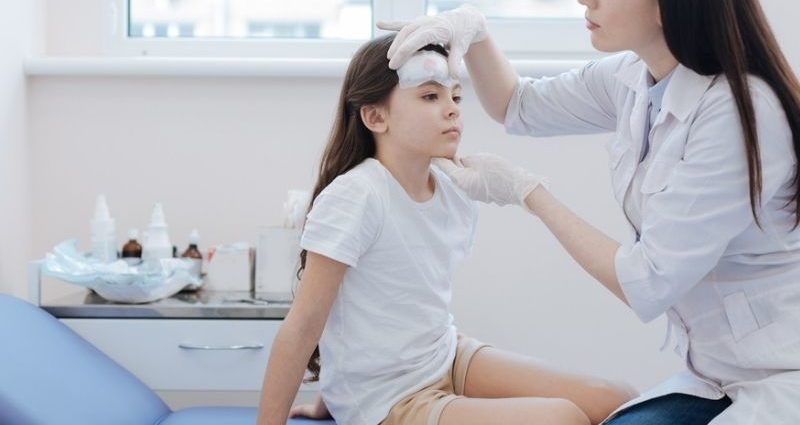A traumatic brain injury (TBI) occurs when a jarring from something like a vehicle accident or sports injury causes the brain to hit the skull. The injury can range from a mild concussion to severe brain injury.
Sustaining a brain injury can lead to loss of control of emotions and mobility, and changes in cognitive abilities, speech, and the senses. Recognizing this in children can be especially difficult. So, what are the subtle symptoms of traumatic brain injury in kids?
Signs and Symptoms of Traumatic Brain Injury
According to this injury attorney, signs of a traumatic brain injury are the things that the victim or others can observe. These can be very subtle and might not appear immediately after the injury. Symptoms, on the other hand, are the things that the victim experiences and can last for hours, days, weeks, or even longer. Anytime a brain injury occurs, you should have a complete exam by a doctor.
Children are vulnerable to concussions and brain injury through common activities such as sports, games, and falls. It can be difficult to gauge the seriousness of a brain injury in children because they may not be able to clearly and accurately describe how they are feeling. It’s important to contact your doctor if your child gets any type of bump or jar to the head.
Symptoms of Traumatic Brain Injury in Children
Seek immediate medical attention if you notice any of these symptoms from your child after a head injury such as excessive crying, inability to be consoled, or inappropriate emotional responses that seem abnormal, irritability, or loss of interest in their favorite activities, toys, or meals. In other words, if your child is behaving strangely or not like his or her self.
Some physical symptoms to watch out for are sickness in the stomach or vomiting, loss of appetite or interest in eating, sleep issues such as sleeping much longer than usual or difficulty sleeping and restlessness, inability to pay attention, changes in performance at school, and dizziness or unsteadiness when standing or walking.
The most common symptom of a traumatic brain injury is a headache. However, because a child may not communicate very well to you how they are feeling, it is important to ask questions specifically about whether their head hurts or if they’re just feeling bad after an injury.
It is important to remember that not every child that has experienced a traumatic brain injury will experience all the signs and symptoms, and everyone could experience them to varying degrees. Some of the symptoms might occur immediately, such as dizziness, and then go away, so it is important to have any head injuries evaluated by your doctor. Symptoms to be aware of include:
- Loss of consciousness at any time
- Convulsions or seizures
- Difficulty to wake up
- Slurred speech
- Clear fluids draining from the nose or ears
- Muscle weakness
- Dilated pupils or double vision
Under no circumstances should you allow your child to engage in any physical activity after a traumatic brain injury until you receive clearance from a medical professional. It also doesn’t hurt to seek legal counsel like this traumatic brain injury lawyer in Redondo Beach when the harm was the result of someone else’s negligence.
